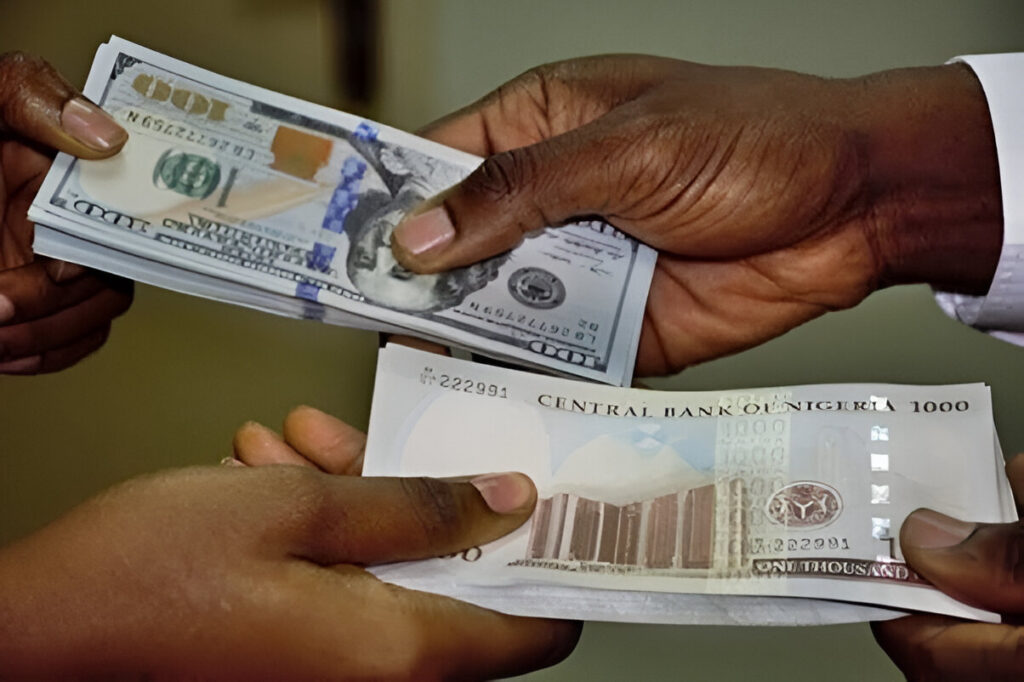
The Nigerian naira maintained its resilience against the US dollar in February, closing the month at N1,490/$ in the parallel market, reflecting an 8.5% month-on-month gain. However, at the official window, the naira closed at N1,500/$, marking a 1.7% decline from the previous month.
According to the Afrinvest Monthly Market Report, Nigeria’s foreign reserves dipped 3.2% month-on-month, standing at $38.46 billion as of February 29. Analysts attributed this decline to the Central Bank of Nigeria’s (CBN) efforts to stabilize the naira, particularly through the resumption of payments for the verified portion of the $7 billion forex backlog.
Outlook for the Naira in March
Experts predict that the naira will sustain its positive momentum across foreign exchange segments in March, provided no major market shocks occur. Afrinvest analysts noted that CBN’s continuous supply of US dollars to Bureau De Change (BDC) operators and Deposit Money Banks (DMBs) would support this trend.
Market Drivers and Forex Liquidity Challenges
Despite the naira’s stability, Nigeria’s foreign exchange market remains under pressure. The Nigerian oil benchmark, Bonny Light crude, traded at $75.88 per barrel as of Thursday, marking a $2.36 or 3.2% week-on-week decline. This drop was fueled by weakened global demand, which negatively impacted dollar inflows into Nigeria, reducing forex reserves by $240 million (0.61% week-on-week).
Exchange Rate Performance
- Official Window: The naira appreciated by 93 kobo, closing at N1,500.15/$.
- Parallel Market: The naira gained N5, settling at an average of N1,490/$ as demand pressure eased slightly.
CBN’s Continued Efforts to Defend the Naira
As the battle to stabilize the forex market continues, analysts foresee the CBN intensifying liquidity control measures and enhancing forex supply mechanisms. These steps could help strengthen the naira further against the dollar in the coming weeks.
Challenges to Naira Stability
Financial experts have consistently pointed to key risks threatening the naira’s long-term stability, including:
- Rising national debt burden
- Declining foreign reserves
- Persistently high inflation rates
While ongoing forex policy reforms aim to bolster the local currency, these structural challenges could hinder significant progress.
